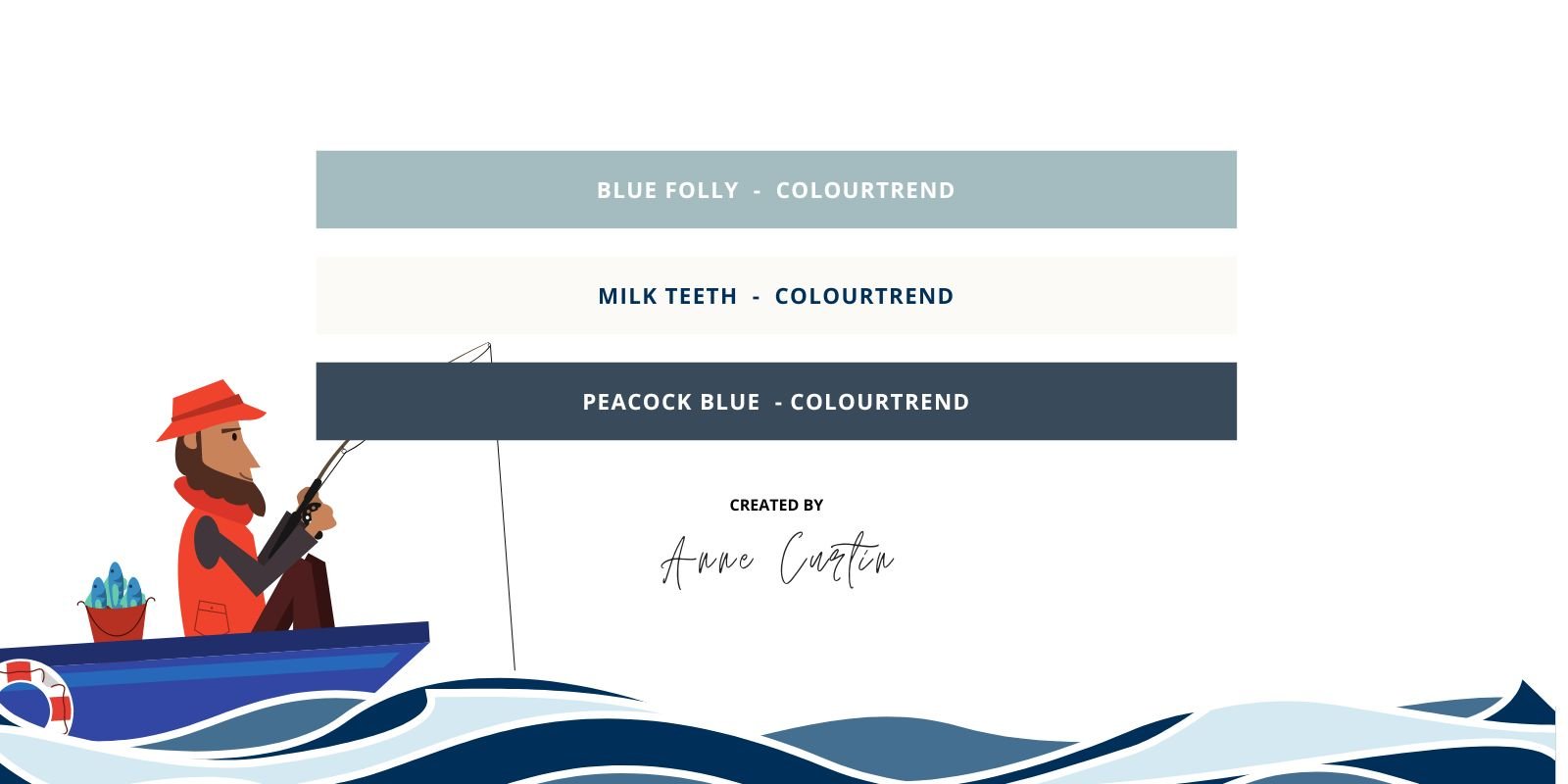How to Paint a Seafront Exterior
Buildings on the seafront contend with many challenges including strong winds, UV exposure, salty sea spray and more. If you plan on painting the exterior of your coastal home, read our top tips to discover how to achieve a finish that is as tough as it is beautiful.
Tools for the Job
- 4” Harper & Green Masonry Brush
- 2” Wooster Soft Tip Brush for cutting in
- 3 x Harper & Green 12×12 Drop Covering Sheets
- 1 x Corona Tuff Pro 9” Sleeve
- 1 x Wooster 9” Roller Frame
- Deltec Masking Tape Extreme
- 1 x Harper & Green Blue Roller Bucket
- 1 x Harper & Green 2 Piece Yellow Extension Pole
- Correct ladder or equipment to safely access the eves, facia & soffit
- Your choice of Masonry Paint e.g. Dulux Weathershield, Colourtrend Weather, Ralston Siloxan Matt, or Armstead Pliolite
How to Paint Seafront Exteriors: A Step-by-Step Guide
Step 1: Clean
As with any painting project, it’s essential to first give the surface a thorough clean. For seafront exteriors, we recommend power washing the walls with Farbex Fungicidal Wash. Not only will this eliminate fungal or algae growth, but it will also remove any salt residue. Allow the surface to dry for at least 48 hours before moving on to the next step.
Step 2: Fix
Repair any minor imperfections (e.g. cracks, holes, dents, scratches) with a suitable filler such as the Prestonett Waterproof Masonry Filler. Once dry, smooth it out with sandpaper and wipe away any dust.
Step 3: Prime (New Walls Only)
When working on new walls that have never been painted before, you will need to apply a sealer such as Ralston Wall Primer to ensure that the first coat adheres correctly. To use, stir thoroughly, dilute with water by a ratio of 1:1, and apply as you would a normal paint.
If you are repainting a wall and the surface is sound, then no priming is required.
Step 4: Choose Your Topcoat
In most cases, a high-quality masonry paint such as Dulux Weathershield or Colourtrend Weather will work excellently.
If you’re painting a building with a lime render, then you will need a breathable paint such as Ralston Siloxan Matt.
However, if you have a regular render and require exceptional durability against the elements then you may wish to consider a solvent-based masonry paint such as Armstead Trade Pliolite Based Masonry Paint. When applying this, thin out the first coat with white spirits and then apply a further 2 – 3 coats.
Dulux Weathershield

Colourtrend Weather

Ralston Siloxan Matt

Armstead Pliolite Based Masonry Paint

Step 5: Paint
If you are repainting, you can simply apply 1 – 2 coats of your chosen masonry paint.
For new walls, dilute your first coat with water by about 10% and stir thoroughly. Once dry, apply a second and maybe even a third coat of non-thinned paint.
Top Tip: When painting, always start from the top and work your way downwards with the aid of your cutting-in brush, masonry brush and roller.
Colour Schemes for Coastal Homes
We asked our in-house colour experts for advice on how to choose a colour scheme for a coastal property. Read on for their top tips as well as some sample colour palettes.
Jade Daly, Blanchardstown
"For a coastal home, I think that 'Callan', 'Saltee', and 'Morning Mist' from the Colourtrend Weather collection would be a perfect fit. A blue colour exterior on a coastal home will complement the surroundings beautifully, as they evoke a sense of the sea and sky.
Lighter shades create a calming look that brings to mind the tranquil waters of the ocean. Whereas, darker blues can provide a sense of depth and sophistication, resembling the deep sea.
By bringing lighter and darker shades of blue and grey together, you can create a harmonious and aesthetically-pleasing look."
Arunima Dutta, Banchardstown
“I think shades of blue and green are synonymous with coastal design as they radiate refreshment and tranquillity. Keeping that in mind, I picked Goose Down (a pale blue-grey tone), Recollection (a refreshing tone) and Petrol (a vibrant, rich tone) from Colourtrend, they make a stunning combination together echoing the sea and the sky.”
Maria Khan, Rathfarnam
“Taking inspiration from New England style interiors, I put together a crisp combination of Edelweiss White , Boathouse Blue , Oxford Blue and Pugin Red , all by Dulux Heritage. The palette balances out cool blues with crisp whites while injecting warmth from a strong red to create a snug coastal interior.”
Anne Curtin, Galway
My maritime-themed palette comprises three Colourtrend colours: Blue Folly, Milk Teeth, and Peacock Blue.
Have a question? Why not call into your local branch of Pat McDonnell Paints and speak with one of our experts! Fast & free delivery on all orders.





